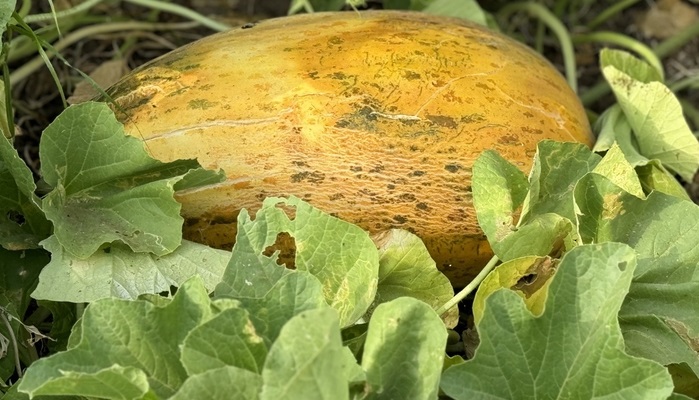
Muscat: Omani watermelon, also known as Arabic watermelon, is a summer crop thriving in the harsh conditions of Al Dhahirah Governorate. It's prized for its purity, as it hasn't undergone cross-pollination like many other watermelon varieties.
Engineer Ahmed bin Mubarak Al Badi, an agricultural engineer at the Department of Agricultural Wealth and Water Resources in the Wilayat of Dhank, indicated that the Omani watermelon is-
Pure variety: Not affected by cross-pollination.
Unique taste: Less sweet compared to other watermelons.
Green skin: Retains green color even when ripe.
Specific shape: Distinct from other watermelon varieties.
Challenges faced by Omani watermelon cultivation:
Pests: Fruit flies, white flies, viral pests, mold, and spiders pose a threat to the crop.
The less sweet taste compared to other varieties has led to reduced demand and focus on other watermelon types.
The Ministry of Agriculture, Fisheries, and Water Resources is working to combat pests and raise awareness about the importance of preserving this crop.
Despite the challenges, the Omani watermelon remains a significant part of the local food basket and holds cultural importance.